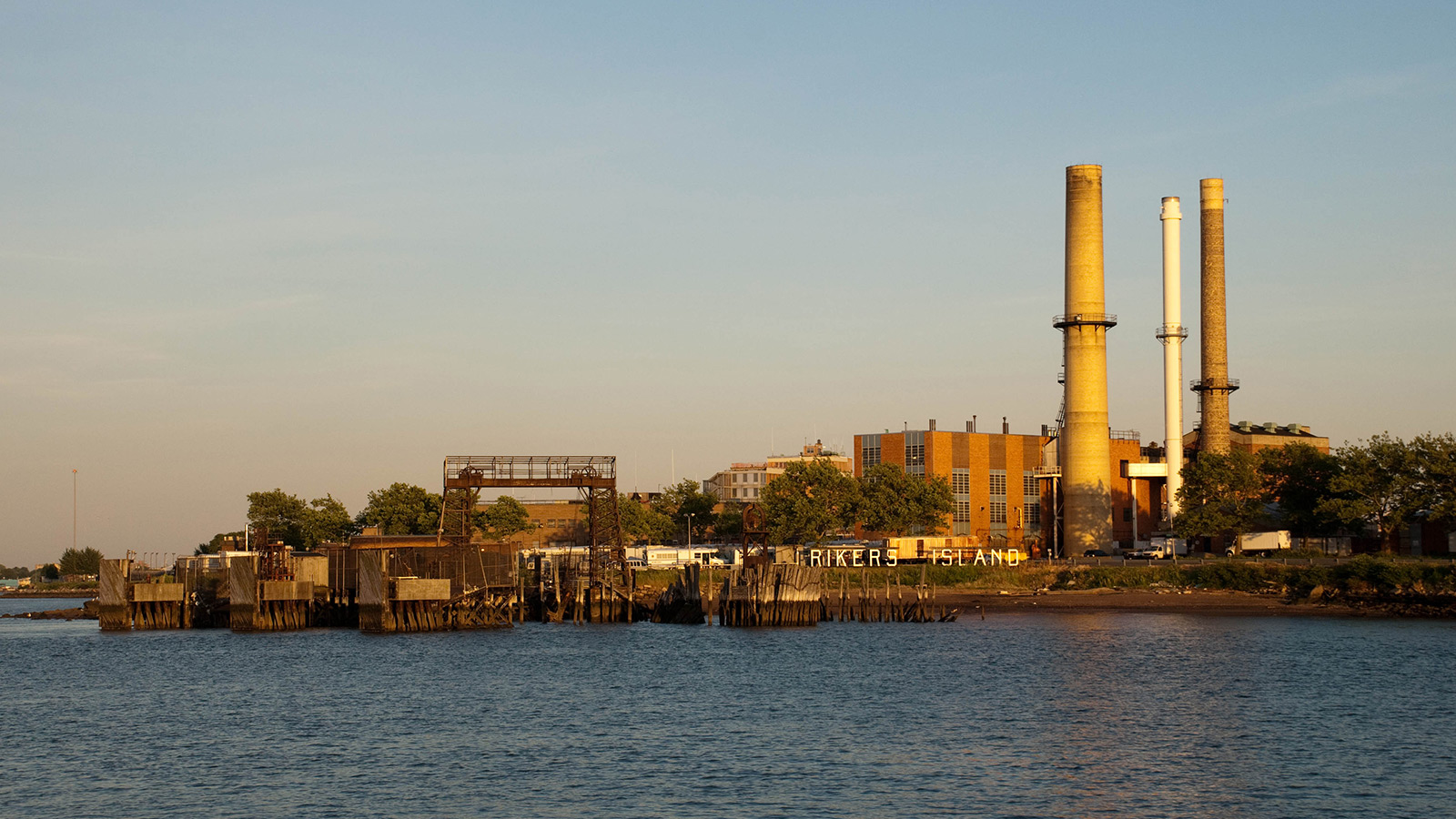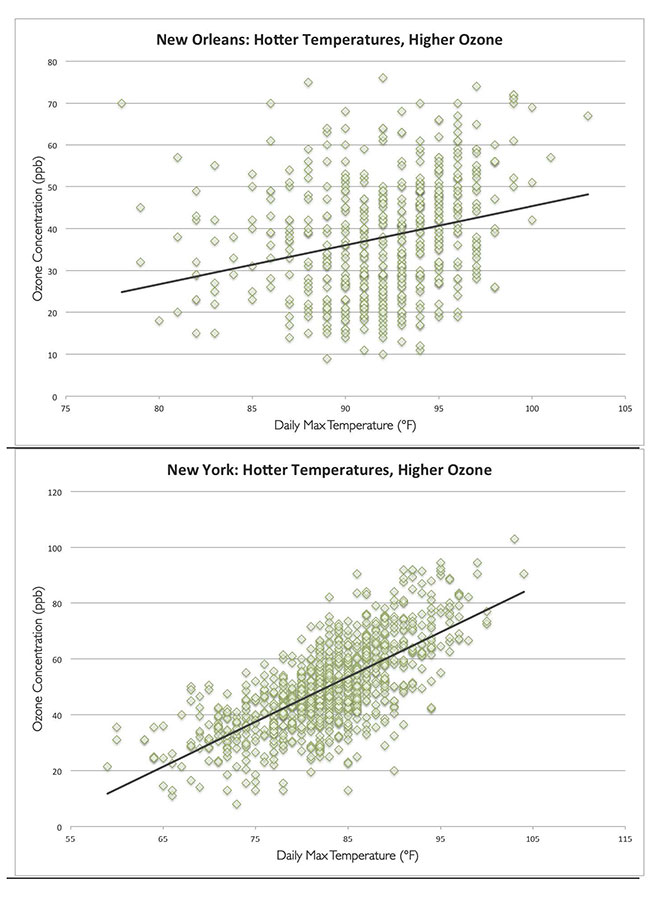You must read the story of Kalief Browder in the Oct. 6 issue of the New Yorker, about how three years of this young, black man’s life were wasted away in the notorious Rikers Island prison, all because the criminal justice system couldn’t get its shit together. As with the “Central Park Five,” Browder was picked up by police after being fingered for a crime that no one, including his accuser, had evidence he committed. He was just 16 years old.
The Rikers stay was supposed to be temporary, just long enough for him to get his day in court, because he refused to plead guilty. The district attorney’s office never was able to pull a case together on him, and his accuser ended up disappearing. Browder was 20 years old when he was finally released from jail. He missed his high school graduation, lost contact with his friends and family, and came out mentally and emotionally bruised from the ordeal. Of the 1,000-plus days he spent in the penitentiary, about 70 percent of it he spent in solitary confinement, mostly for defending himself against attacks from the inmates and prison staff, a daily operation, according to a recent Department of Justice investigation into Rikers.
Here’s a snapshot of Browder’s lockdown experience, from the New Yorker story (bolds are mine):
Summer is the worst time of year to be stuck in the Bing, since the cells lack air-conditioning. In the hope of feeling a breeze, Browder would sleep with the window open, only to be awakened at 5 A.M., when the cell filled with the roar of planes taking off from LaGuardia, one of whose runways is less than three hundred feet from Rikers. He would spend all day smelling his own sweat and counting the hours until his next shower. He thought about the places he would have been visiting if he were not spending the summer in jail: Mapes Pool, Coney Island, Six Flags. One day, when he called home to talk to his mother—he was allowed one six-minute call a day while in solitary—he could make out the familiar jingle of an ice-cream truck in the background.
I’m no lawyer, but those conditions sound like cruel and unusual punishment. And with climate change, those conditions are about to grow crueler — although more and more usual. Rikers is an island inside of the urban heat island New York City, where temperatures can be up to 20 degrees F hotter than in surrounding rural areas. Click on “New York” in Climate Central‘s infographic below to get more of the grizzly details:
[protected-iframe id=”31f5aabb1cb3e82b61a502a41c695787-5104299-68962716″ info=”http://www.climatecentral.org/wgts/UHI/index.html?utm_source=ext550&utm_medium=embed&utm_campaign=UHI” width=”550″ height=”535″ frameborder=”0″ scrolling=”no”]
That intensifying heat felt by prisoners trapped in the un-air-conditioned facility is joined by denser concentrations of ozone pollution that worsens as the temperatures rise. The heat alone is a certified killer. The ozone only quickens death by exacerbating asthma and making it otherwise harder to breathe. And as the DOJ investigation reports, inmates are mostly discouraged from asking for medical treatment, usually under the threat of violence. No report, no foul.
If that’s not cruel enough, there’s that whole issue of the airplanes taking off over the Rikers inmates’ heads, from LaGuardia’s runways that are just a few hundred feet away. The noise pollution alone is enough to drive neurosis and other mental disorders among them. But then there’s the nitrogen oxides and sulfur oxides jet-streaming out of all of those planes, adding to the ozone and soot mix. It’s not as bad as the emissions at cruising altitude, but the landing and takeoff emissions are still killer fuel for the lungs.
The Rikers inmates can do nothing but breathe it in, even more fatally in the summer. A lot of them are teenagers like Browder, as New York is one of just two states that charges anyone 16 and older as an adult. Many of them have not been found guilty of any crimes. They are in a holding phase, waiting for trial, because they can’t afford bail. Climate change will make no distinction between the innocent and the guilty either way. They all will bake.
Earlier this year, attorneys from the Promise of Justice Initiative successfully sued the Louisiana State Penitentiary for failing to cool down its facilities under extreme heat. Texas prisons are catching litigation heat for the same negligence.
This is nothing to play with. Outgoing U.S. Attorney General Eric Holder has been cracking down on deplorable prison conditions, with Rikers as one of his top whipping posts.Rikers’ reputation as a true and living hell for its incarcerated, which goes back decades, has been allowed to go on for far too long.
Browder survived his Rikers stint, but he’s come out far worse than he went in. He has a pending lawsuit against the prison, but there’s only so much that money can do for him at this point.
“I’m messed up,” he told The New Yorker’s Jennifer Gonnerman. “I know that I might see some money from this case, but that’s not going to help me mentally. I’m mentally scarred right now. That’s how I feel. Because there are certain things that changed about me and they might not go back. … I feel like I was robbed of my happiness.”




